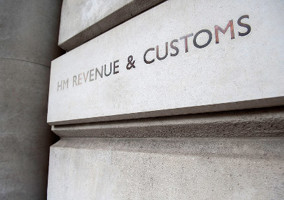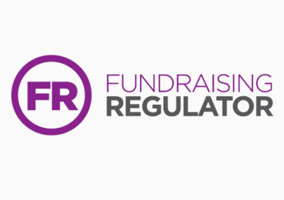The Fraud Advisory Panel, Get Safe Online and digital fundraising platform GoFundMe have issued new guidance for people looking to give safely online as part of National Charity Fraud Awareness Week.
They also published more general information for door-to-door and street fundraising for “anyone wanting to donate on the doorstep, on the street, or online, helping donors make sure their money really does reach those who need it”.
The Fraud Advisory Panel's crowdfunding guide said “donating online is quick and convenient, but fraudsters use the internet too. Always watch out for copycat or bogus websites and emails. Be especially cautious when a new disaster or emergency is making headlines”.
The wider giving safely guide for the public sets out five safety guideline points. These are:
- To donate to your chosen charity visit its website. Always type the full address into the browser. Find the correct web address by searching online or giving them a call.
- Check for a padlock symbol in the URL bar and that the web address begins ‘https’ (not ‘http’).
- Never respond to unsolicited emails, texts or social media messages/posts from any charity you have never heard of or have no association with. And never click on any links. Report the message and then delete it.
- Be especially careful supporting someone via a charity crowdfunding site if you don’t know them personally.
- Make sure you are completely satisfied that a charity is genuine before divulging personal financial information. Contact your bank immediately if you think you may have given your bank details to an imposter or bogus charity.
The seperate guide (which includes the crowdfunding guidelines) features more general advice for people about reporting scams. It said that anyone who felt they had “been targeted by a fundraising scam or bogus collection” should report that to Action Fraud or make a complaint to the Fundraising Regulator or Scottish Fundraising Standards Panel, depending on where in the UK they live.
In Fundraising Magazine
David Kirk, chair of the Fraud Advisory Panel, said: “The vast majority of fundraising activities are legitimate but fraudsters are expert at hijacking our kindness and diverting our charitable donations into their pockets. Cruelly, they are especially active during a crisis or tragedy. But making sure our donations really do reach the causes we care about is easier than most people realise.
“Charities need our support more than ever in these difficult times. But we can all keep donating and make life a lot harder for the charity fraudster by taking the straightforward precautions listed in this new guide.”
Kirsten Mulder, senior community manager specialist for GoFundMe Europe, said: “Fraud is incredibly rare on GoFundMe - in fact, misuse of the platform accounts for less than one tenth of one per cent of all content on the site. But there are some simple things that people can do to make sure they are even safer, and that’s why we were pleased to be able to help the Fraud Advisory Panel put together this landmark guidance for crowdfunding.”
27 October
Editor's note: this article has been updated to clarify that the bullet points have been quoted from the wider guide, not the crowdfunding specific guide, and remove the names of platforms after Virgin Money Giving informed Civil Society News that money raised through its site is always sent directly to charities.
Related Articles












